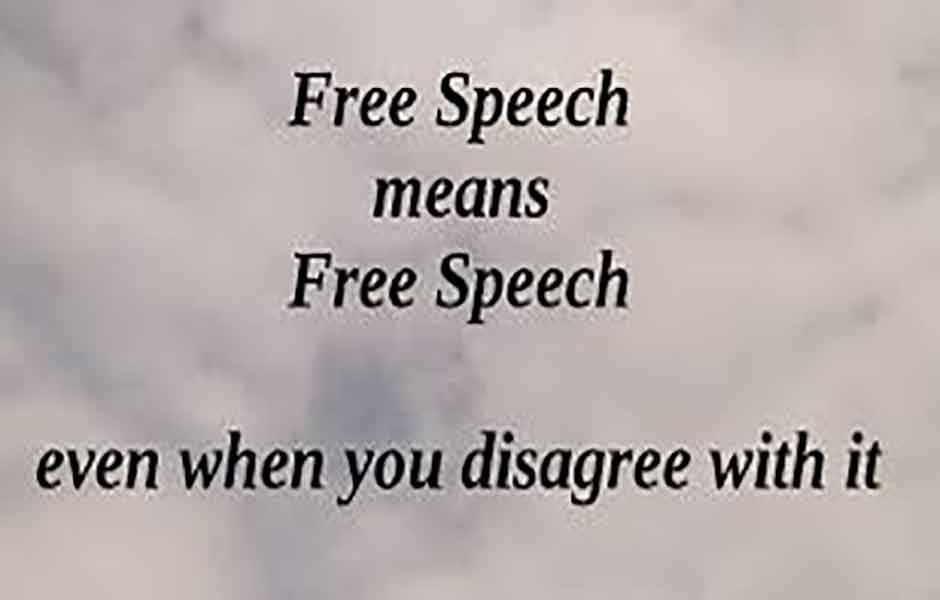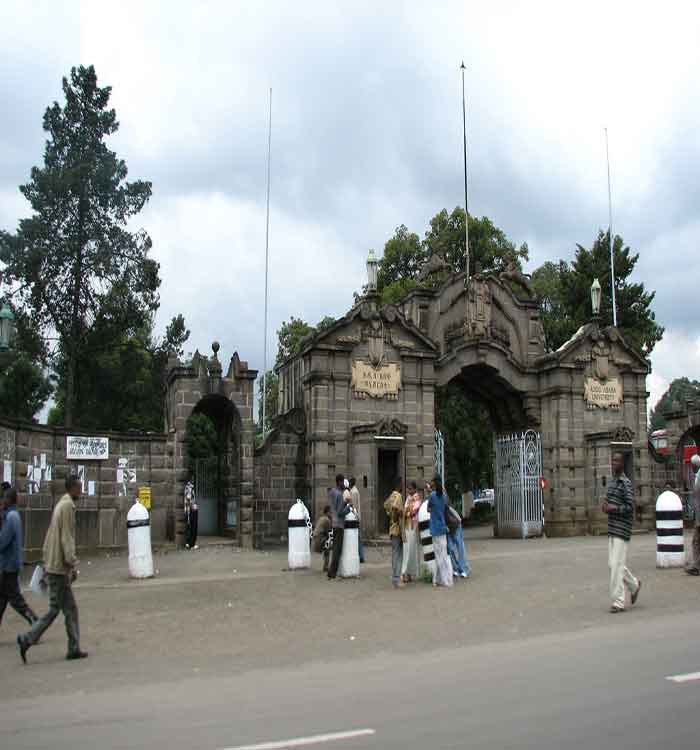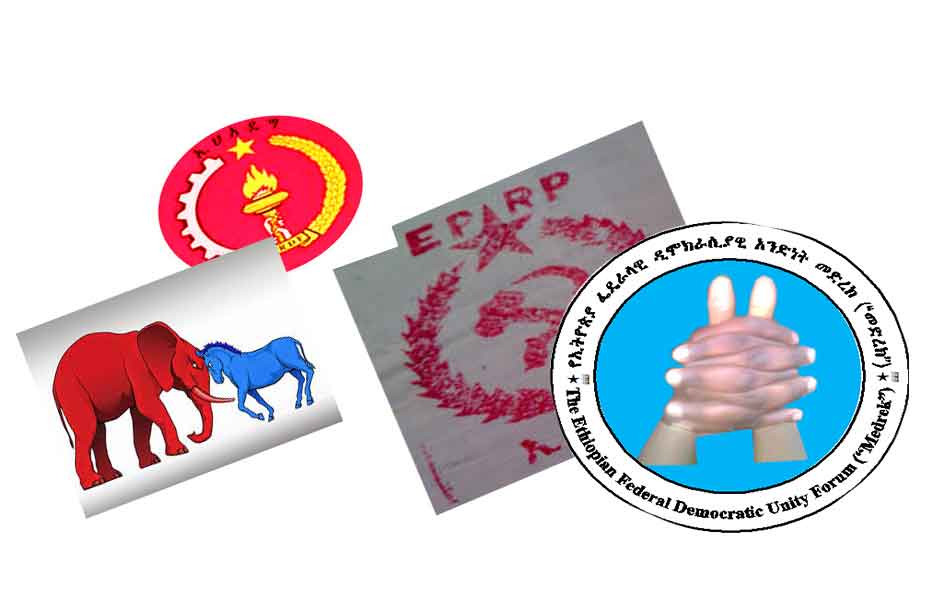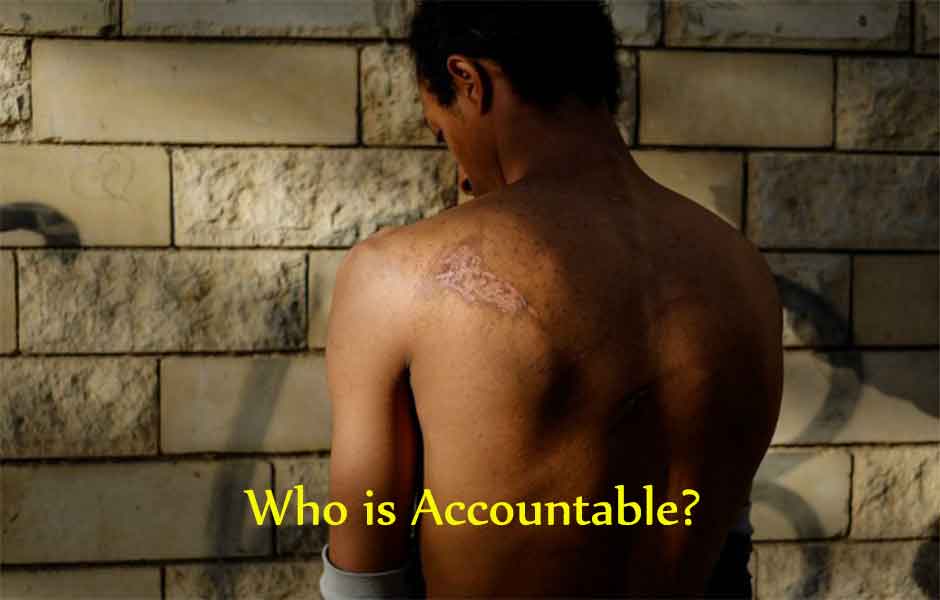Free and fair elections allow people living in a representative democracy to determine the political makeup and future policy direction of their nation’s government.
- Free and fair elections increase the likelihood of a peaceful transfer of power. They help to ensure that losing candidates will accept the validity of the election’s results and cede power to the new government.
- Elections alone do not assure democracy since dictators can use the resources of the state to tamper with the election process.
- Free and fair elections require:
° Universal suffrage for all eligible men and women to vote — democracies do not restrict this right from minorities, the disabled, or give it only to those who are literate or who own property.
° Freedom to register as a voter or run for public office.
° Freedom of speech for candidates and political parties — democracies do not restrict candidates or political parties from criticizing the performance of the incumbent.
° Numerous opportunities for the electorate to receive objective information from a free press.
° Freedom to assemble for political rallies and campaigns.
° Rules that require party representatives to maintain a distance from polling places on election day — election officials, volunteer poll workers, and international monitors may assist voters with the voting process but not the voting choice.
° An impartial or balanced system of conducting elections and verifying election results — trained election officials must either be politically independent or those overseeing elections should be representative of the parties in the election.
° Accessible polling places, private voting space, secure ballot boxes, and transparent ballot counting.
° Secret ballots — voting by secret ballot ensures that an individual’s choice of party or candidate cannot be used against him or her.
° Legal prohibitions against election fraud — enforceable laws must exist to prevent vote tampering (e.g. double counting, ghost voting).
° Recount and contestation procedures — legal mechanisms and processes to review election processes must be established to ensure that elections were conducted properly.
- Voting methods — varying by country and even within countries — include:
° Paper ballots — votes are marked on or punched through paper.
° Ballots with pictures of candidates or party symbols so that illiterate citizens may cast the correct vote.
° Electronic systems — voters use touch-screen or push-button machines.
° Absentee ballots — allowing those who will not be able to vote on election day to cast their ballots prior to the election.






